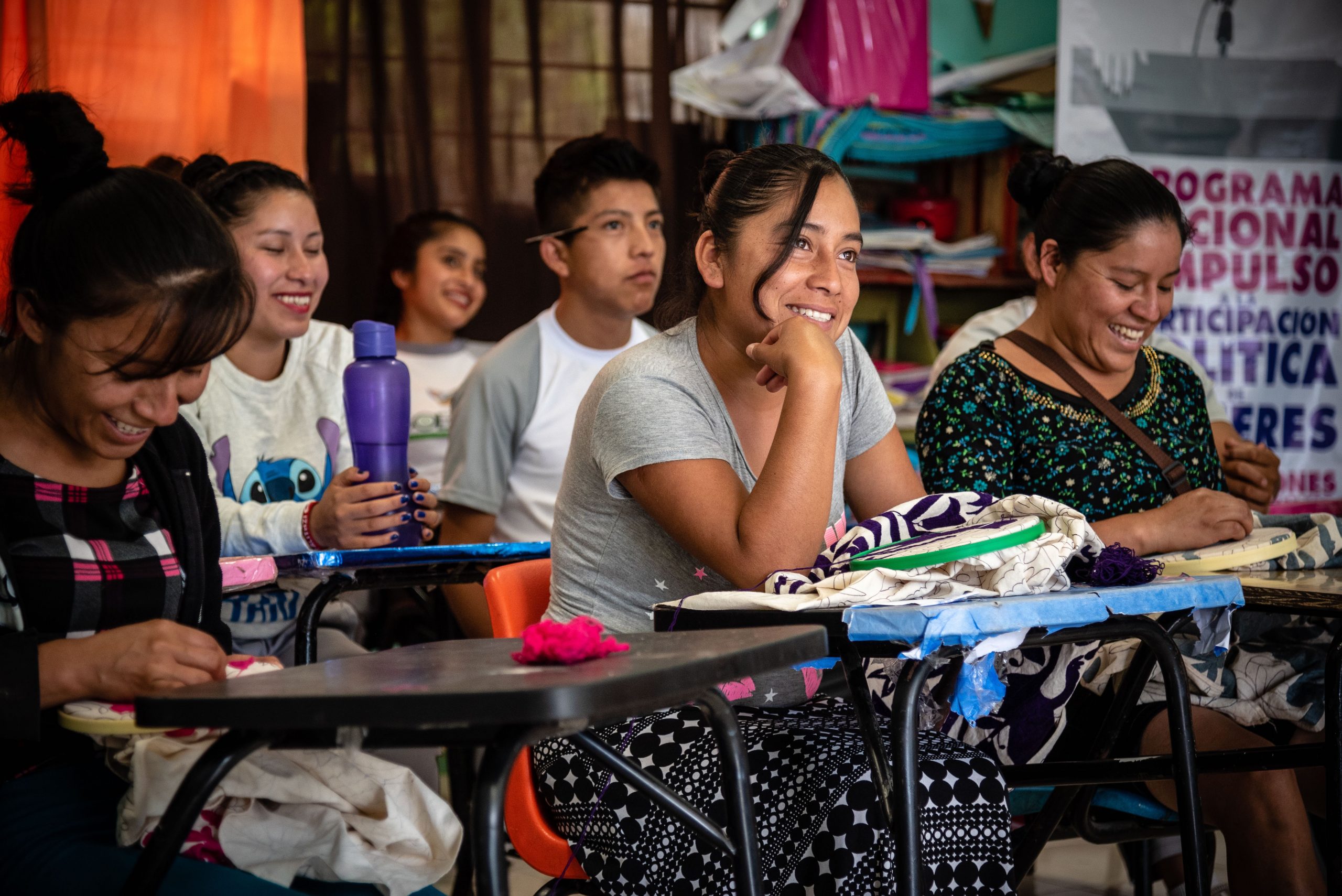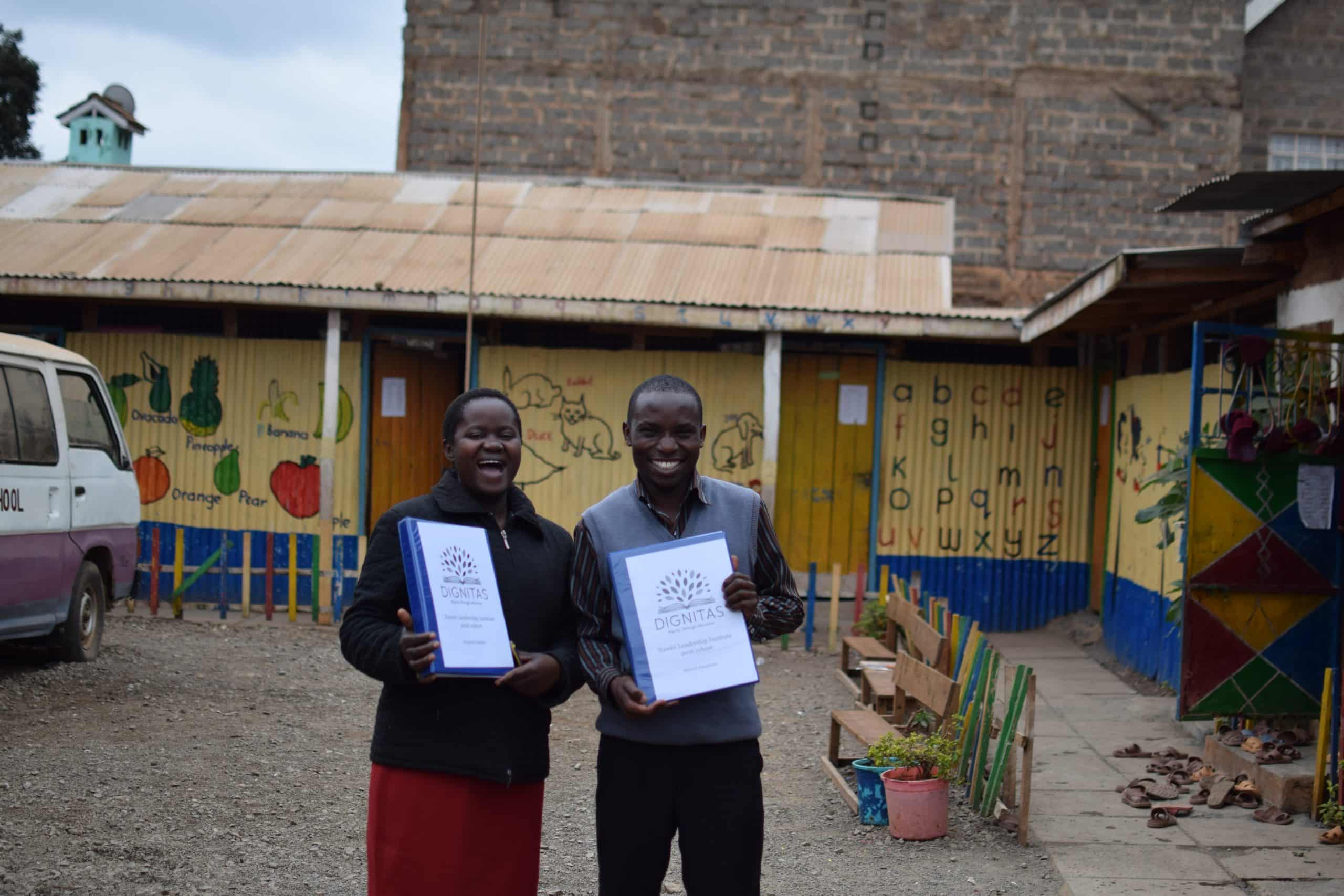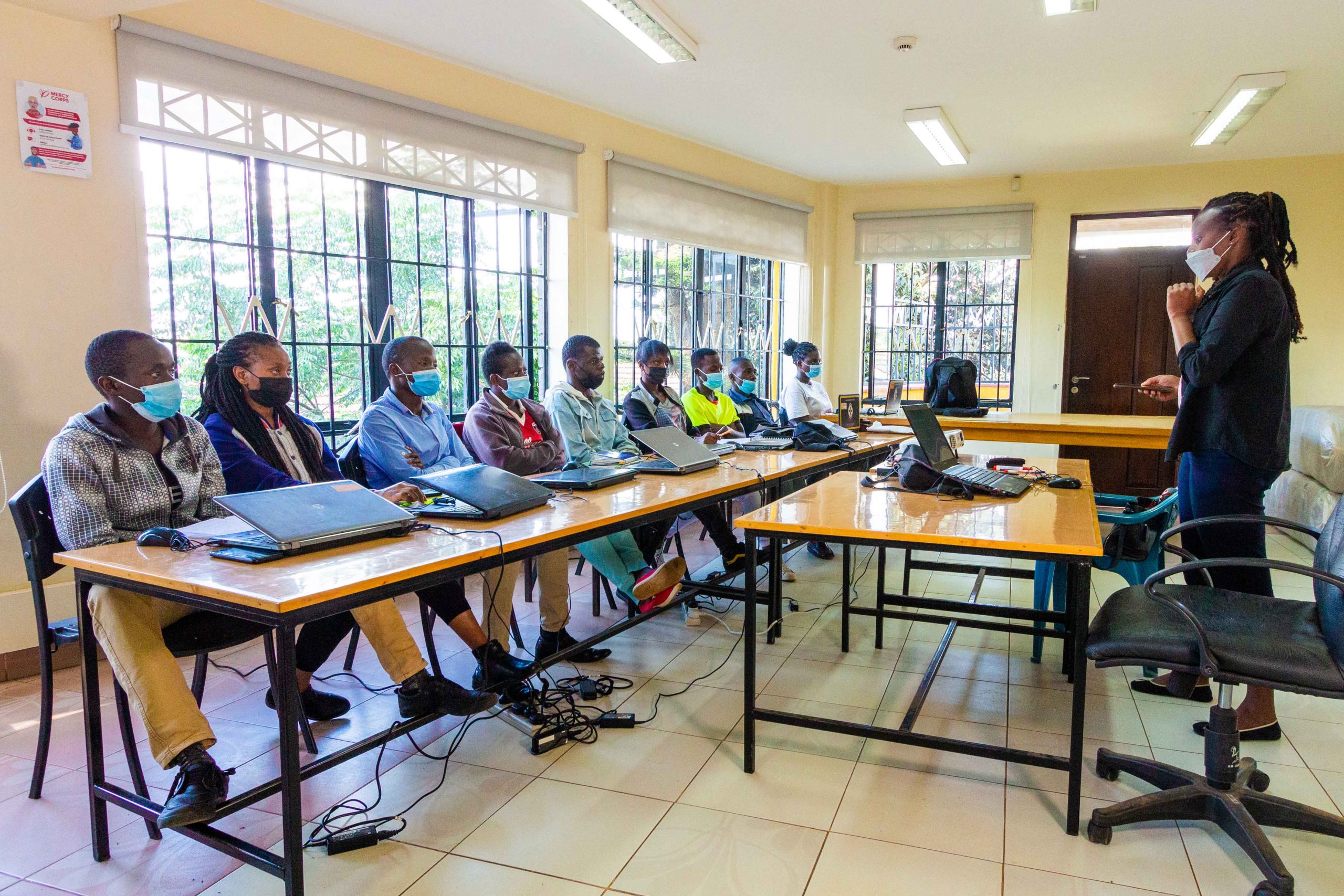Project Type: Equity & Inclusion
-
Education Access in Uganda with the S.O.U.L. Foundation
Lack of Education Access in Uganda Uganda is one of the youngest countries globally, with 78% of the population under the age of 30. Less than 10% complete secondary school. In districts where the S.O.U.L. Foundation works near the industrial hub of Jinga, there is potential for meaningful employment. Still, most youth will continue to…
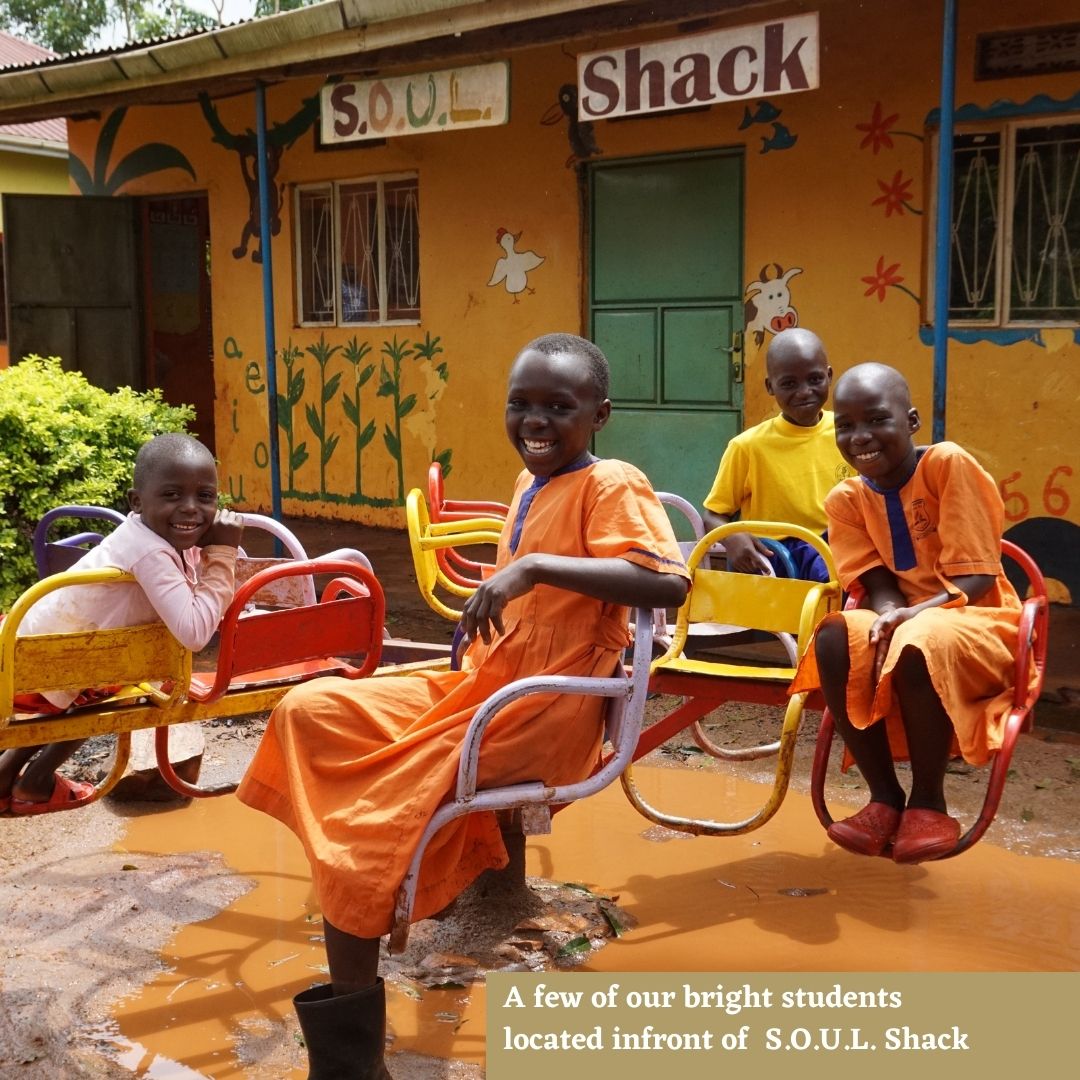
-
Afterschool Program in Peru to Improve Quality of Education
Gap in Primary Education for Peruvian Students According to the World Economic Forum, Peru ranks in the bottom 10% in the quality of primary education. The district of Ventanilla, where Kantaya works, is one of the most impoverished districts surrounding Lima, with a 30% poverty rate. Only 1 in 3 children finish secondary school and…
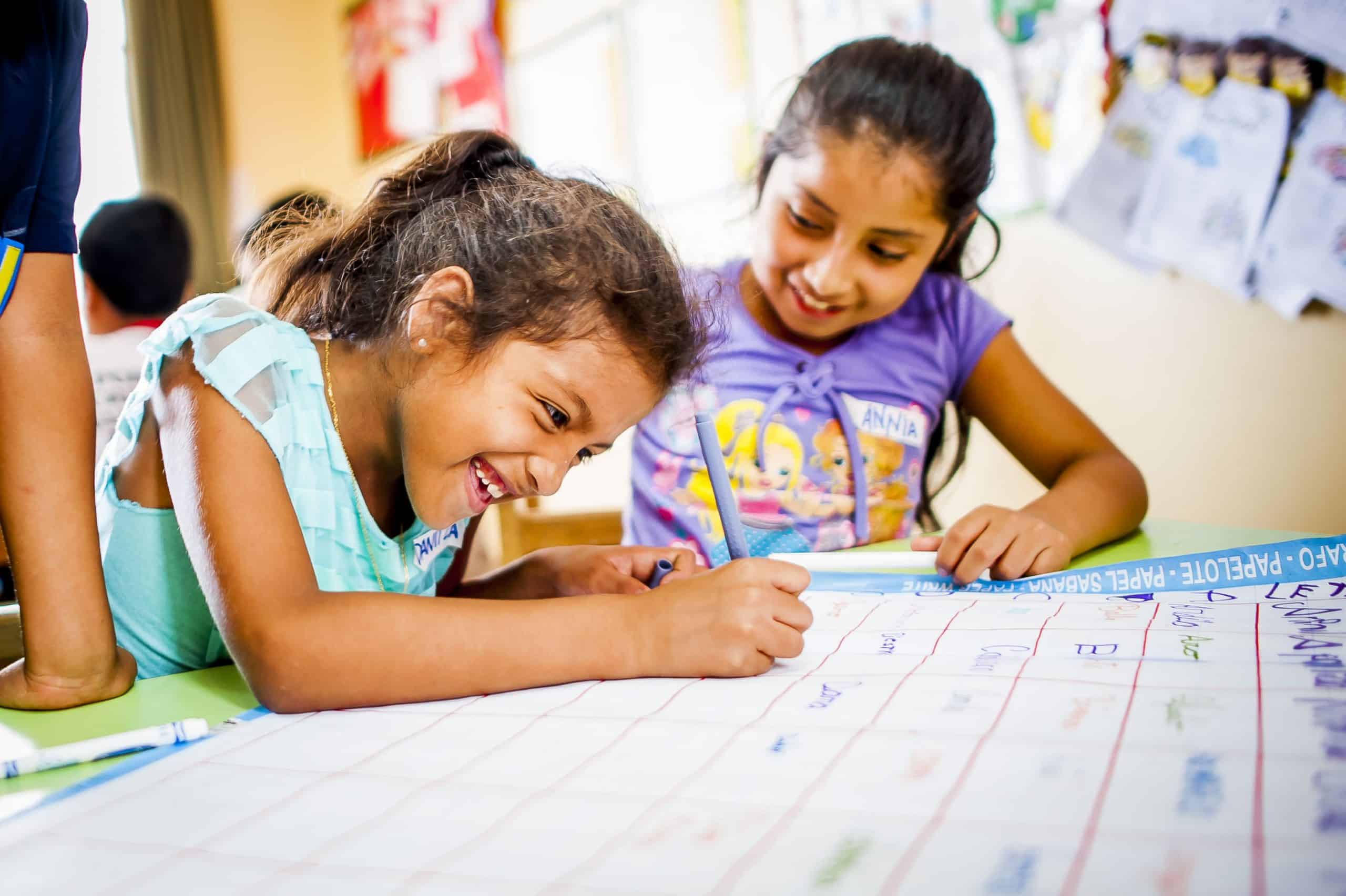
-
Bridging the Digital Divide with Technology Labs in Kenya
Lack of Technological Access in Rural Kenya Over 70% of families Kenya Connect serves in rural Kenya live in extreme poverty (less than $2 per day). The biggest challenge facing students in rural public schools is the lack of classroom resources, including devices and the internet. As Kenya has become a technology leader in east…
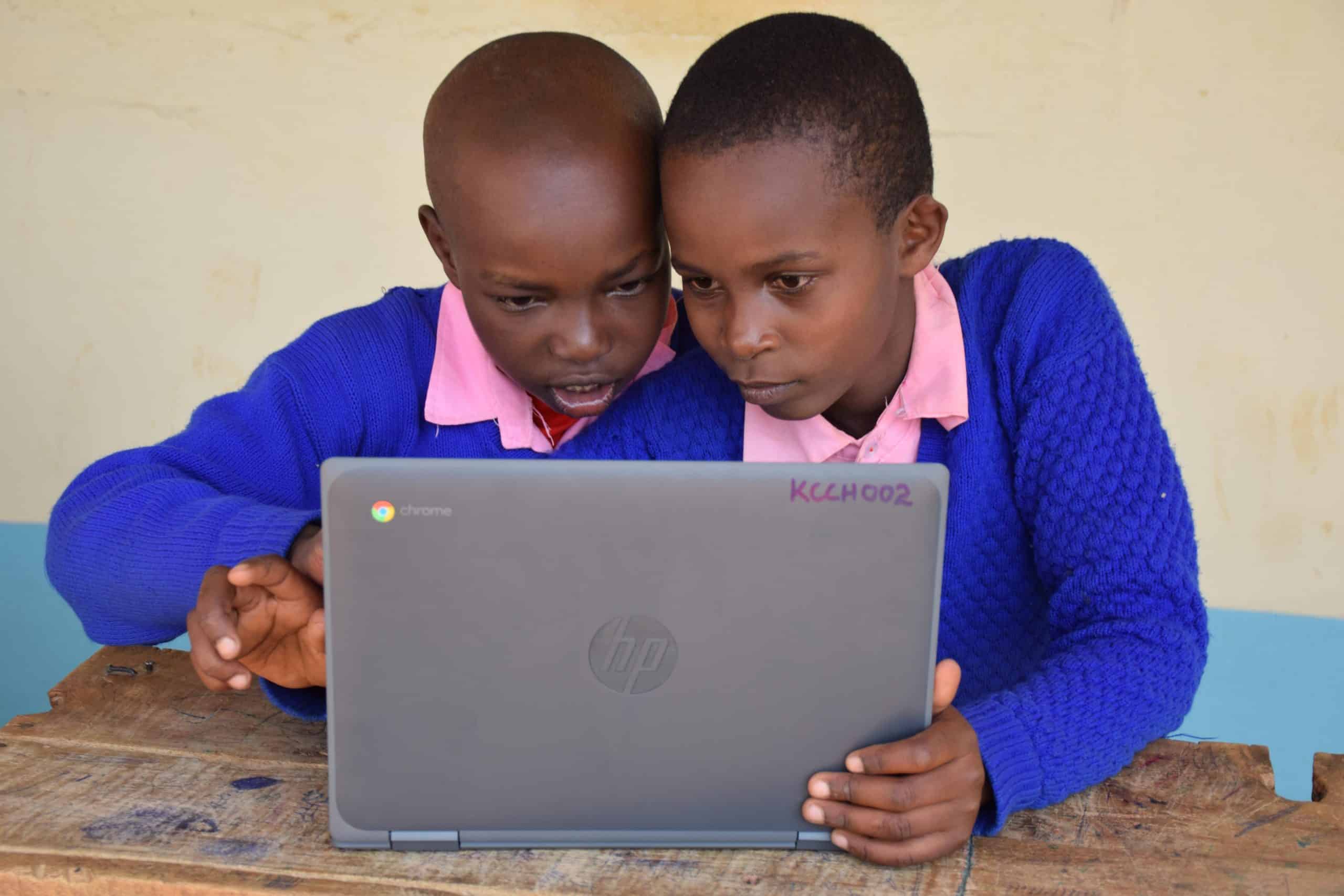
-
Adaptive Learning in Jordan with Questscope
Jordanian Children Lack Access to Educational Resources In Jordan, over 112,000 young people do not attend basic education, and an additional 40,000 children are at risk of dropping out every year (UNICEF). This leads to a large cohort of young people without sufficient education and means to pursue meaningful unemployment. Even more, adaptive learning in…
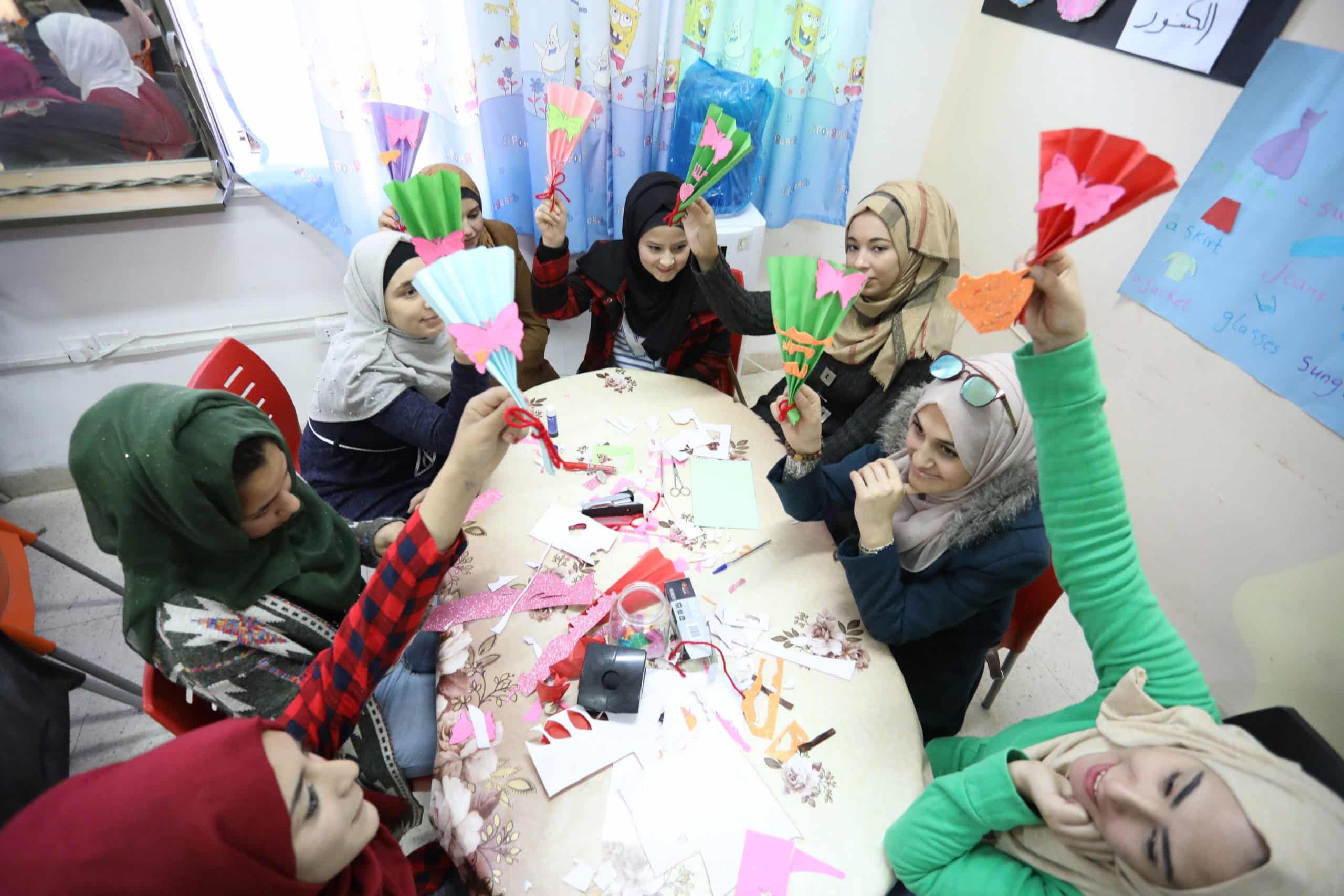
-
Providing Quality Education for Maya Women with MAIA
Indigenous Women and Girls Lack Access to Education Education for Maya women and girls falls below the Guatemalan average. They make up the most marginalized group in Guatemala, as fewer than 20% complete high school and only an average of four years of schooling. In Sololá, the city where MAIA operates, 57% are married or…
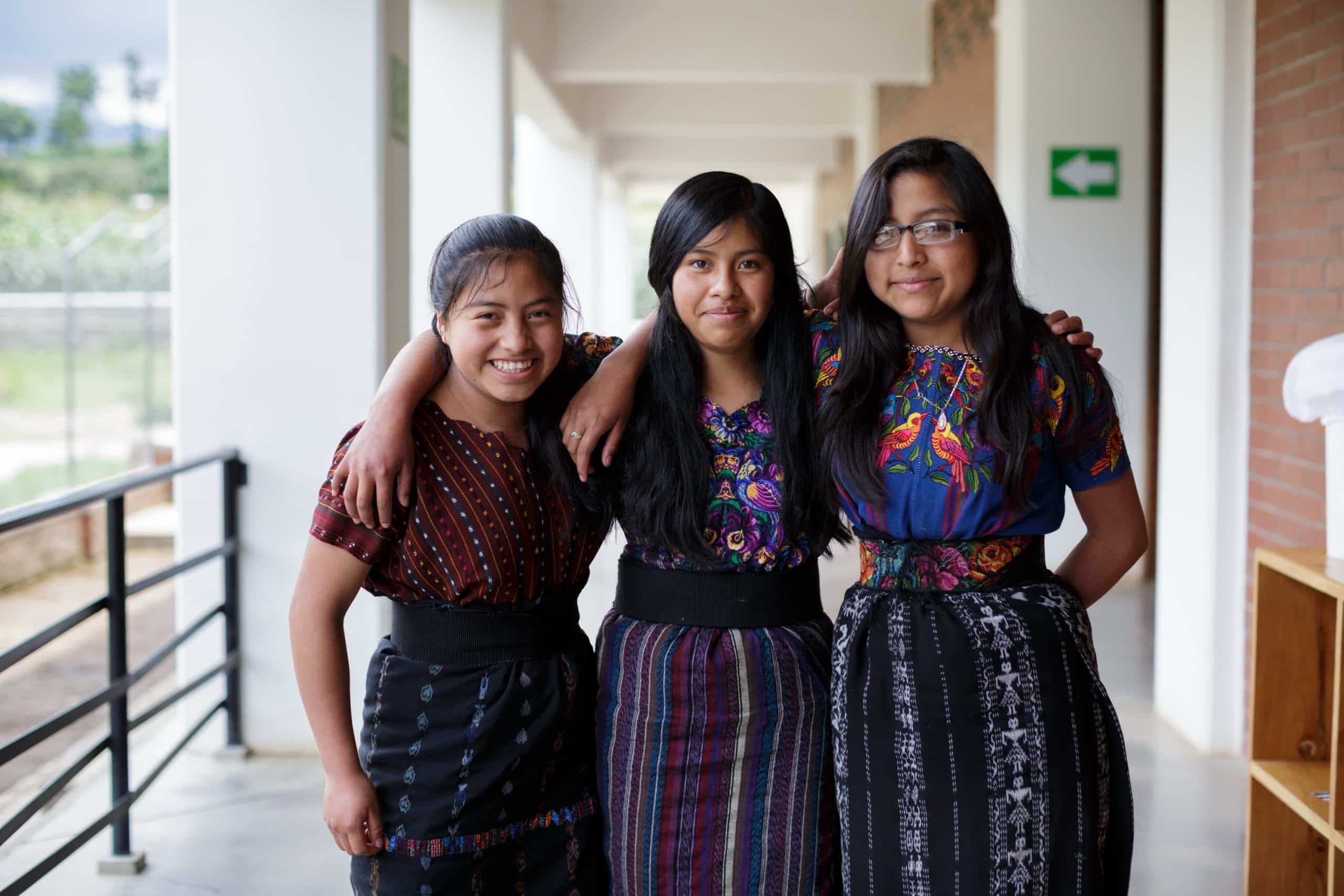
-
Supporting Early Childhood Development at Home with Dost
Addressing the Generational Cycle of Illiteracy Many resource-constrained families struggle to give their children the best education, particularly in the early years. Experts agree on a cost-effective yet overlooked approach to address this cycle of illiteracy: empower parents to promote early childhood development at home. In India, there are still over 160 million illiterate women.…
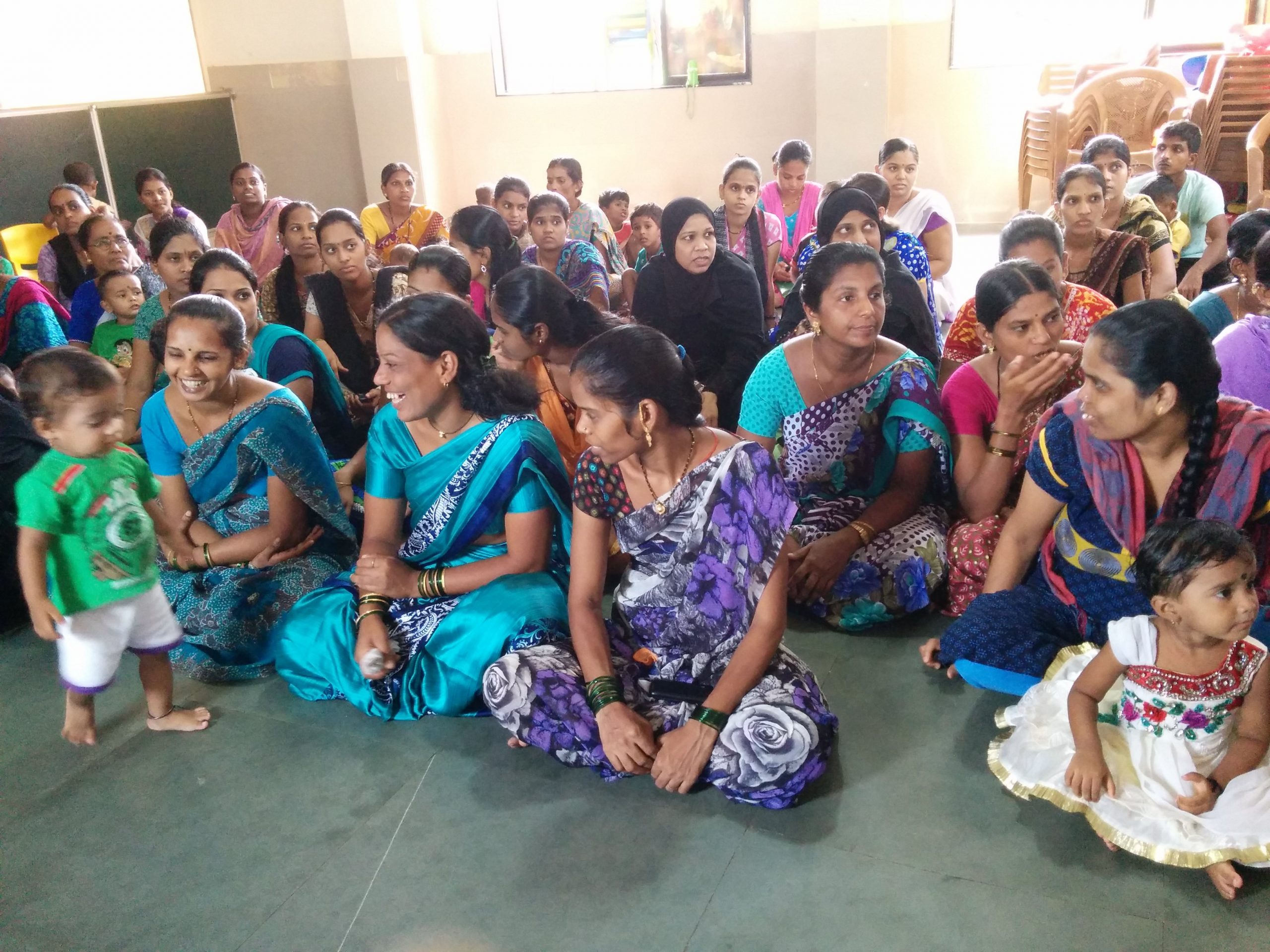
-
Supporting Unemployed College Graduates with COOP
Project type: Virtual/short term When: January to mid-March or mid-June to late August Nationwide, half of college grads (ages 21-27) are unemployed or underemployed, including more than two thirds of black college grads. Even in the digital economy, a bachelor’s degree is not enough. We need social capital—connections, casual favors, timely referrals—as much as we…

